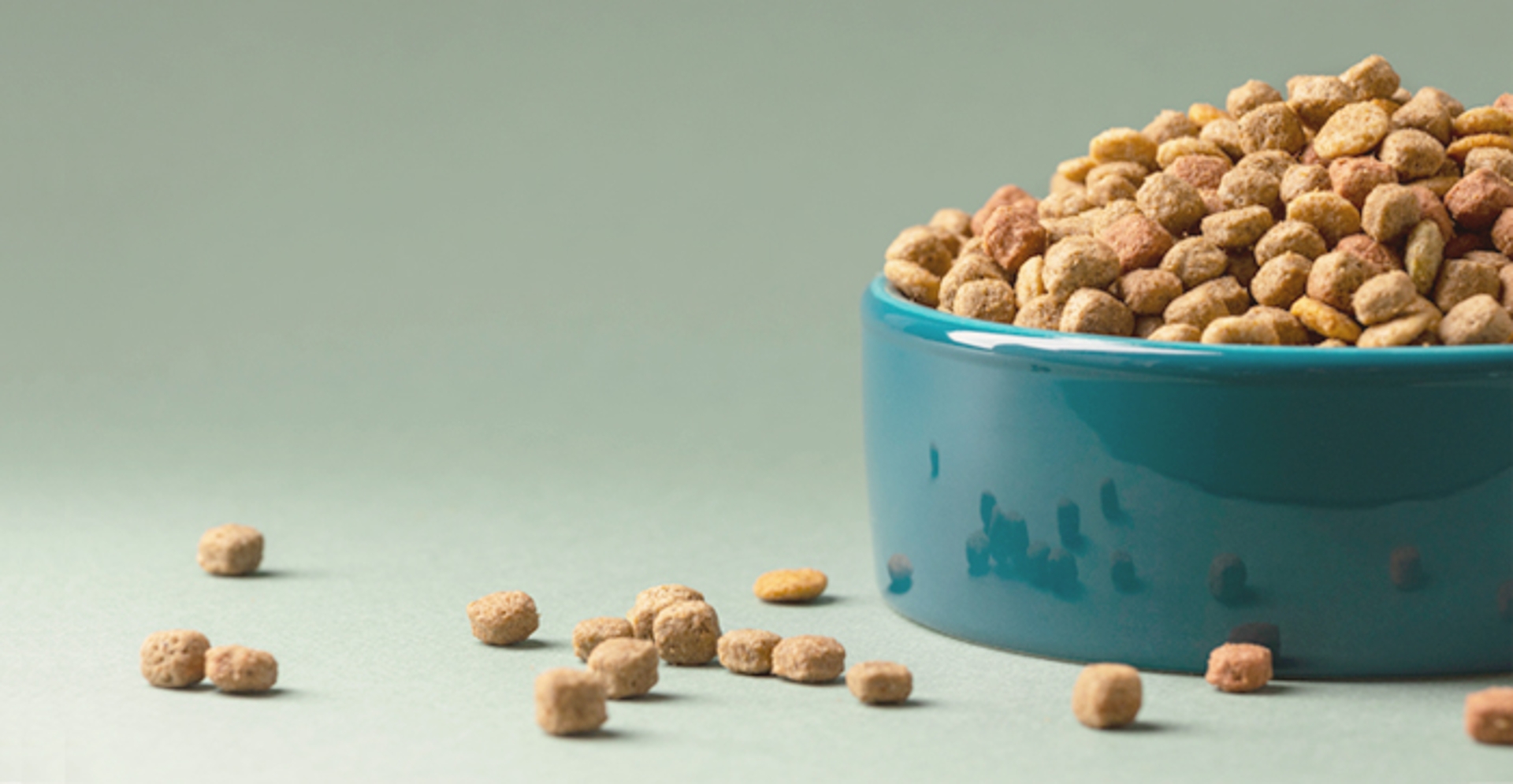22
Mar 2023
Pet diets are more elaborate than ever. Where once a few brands dominated the pet food market, now a trip to the pet store yields dozens of options. Fish food, choices for small animals and reptiles and meals for birds are seemingly just as diverse.
Pet parents may consider food options carefully when making initial decisions concerning what to feed their pets, even consulting their veterinarians about their options. But even after careful consideration, pet owners may ultimately need to change their furry friends’ diets. Here are some instances when a dietary overhaul may be necessary.
Lethargy and weakness
A pet who is suddenly acting lethargic and weak may need a change of diet. Certain foods high in antioxidants can help boost immune system response and help pets fight illnesses or recover from surgeries, while others may cause nutritional deficiencies. Consult with a vet for an evaluation before making any changes.
Life stage
Certain formulations of food are designed for stages of development. For example, puppy foods have a specific profile for feeding fast-growing pups, and also may be recommended for pregnant or nursing mothers. Adult formulas and senior formulas have recipes for those stages of life (i.e., fewer calories or certain nutrients for joint health). When a pet crosses a life stage, a new food may be recommended.
Illness diagnosis
Vets often recommend certain diets based on the presence of disease or illness. A cat that is diabetic may need a food that helps manage that disease. A dog with kidney disease or the presence of crystals in its urine may require a food that helps treat urinary issues.
Weight control
Concern over a pet’s weight gain or weight loss could warrant a change to its diet. There are special foods designed to help animals maintain healthy weights.
Allergies
Pets may experience allergic reactions to environmental triggers or ingredients in food. If a vet has ruled out other causes for itchy skin, loss of fur/feathers or other allergic symptoms, a new food may help alleviate symptoms.
Loss of interest
Sometimes pets no longer enjoy eating the food they have been consuming for a while. Subtle changes in the formulation may be off-putting or boredom with a diet could set in. While owners shouldn’t change pets’ diets every time an animal turns up its nose at feeding time, a different flavor or food could add some welcome variety.
A change in a pet’s diet may be warranted in certain instances. Always seek the advice of a veterinarian before changing a pet’s diet.






